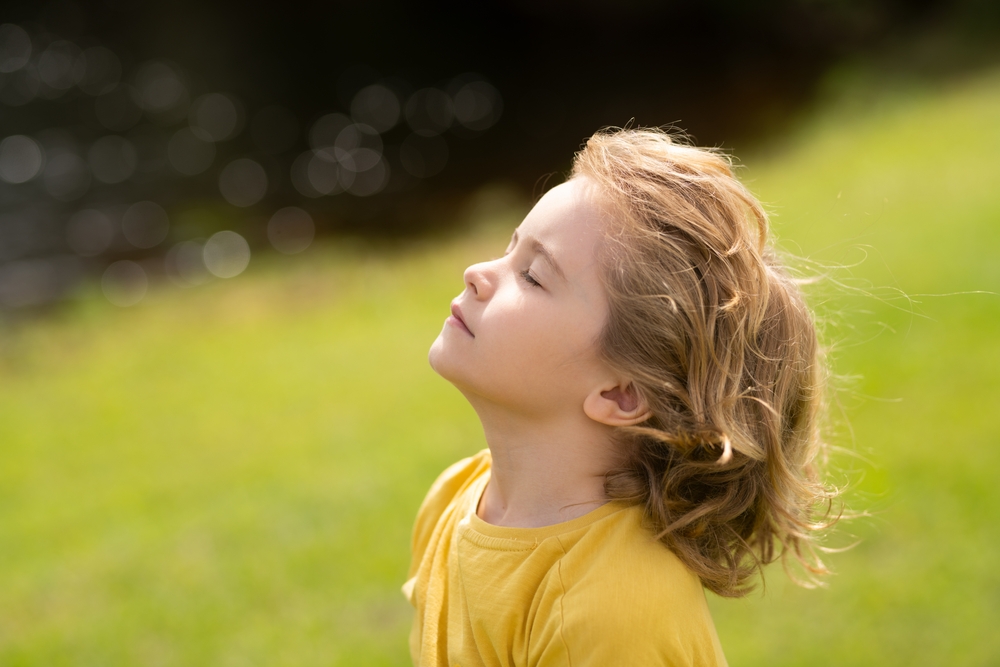In today’s fast-paced world, children often face challenges that can affect their ability to stay calm, focused, and emotionally balanced. Parents and educators are increasingly turning to Mindfulness Activities for Kids as a proven way to help them manage stress, build concentration, and develop emotional intelligence. At SELF4KIDS, we integrate mindful practices into daily routines, showing children how simple techniques can create lasting calm and focus.
Contents
- 1 Why Mindfulness Matters in Childhood Development
- 2 How SELF4KIDS Integrates Mindfulness Activities for Kids
- 3 The Role of Parents and Educators in Encouraging Mindfulness
- 4 Creative Ways to Bring Children Into the Present Moment
- 5 Breathing and Body Awareness Practices
- 6 Mindfulness Meditation for Academic and Emotional Growth
- 7 Everyday Mindfulness Practices
- 8 Q&A: Common Questions About Mindfulness Activities for Kids
- 9 Conclusion: Building Calm and Focus with Mindfulness
Why Mindfulness Matters in Childhood Development
Mindfulness is more than a calming practice—it is a powerful tool that shapes the way children grow, learn, and relate to the world around them. During childhood, the brain is in a critical stage of development, forming connections that influence emotional regulation, focus, and social skills. By introducing mindfulness early, children learn how to pause, notice their thoughts and feelings, and respond rather than react impulsively.
One of the key benefits of mindfulness in childhood is emotional resilience. Children who practice mindful breathing or body awareness develop healthier ways to manage stress, anxiety, and big emotions. Instead of feeling overwhelmed, they gain strategies to calm themselves and build confidence in handling challenges.
Mindfulness also enhances focus and attention, which directly supports academic performance. A child who can tune out distractions and stay present is more likely to retain information, complete tasks, and enjoy the learning process. Socially, mindfulness cultivates empathy and compassion—qualities that help children build strong friendships and resolve conflicts peacefully.
In a world filled with screens and constant stimulation, mindfulness offers children a grounding tool. It nurtures balance, patience, and self-awareness—skills that not only enrich their childhood but also lay a strong foundation for lifelong well-being.
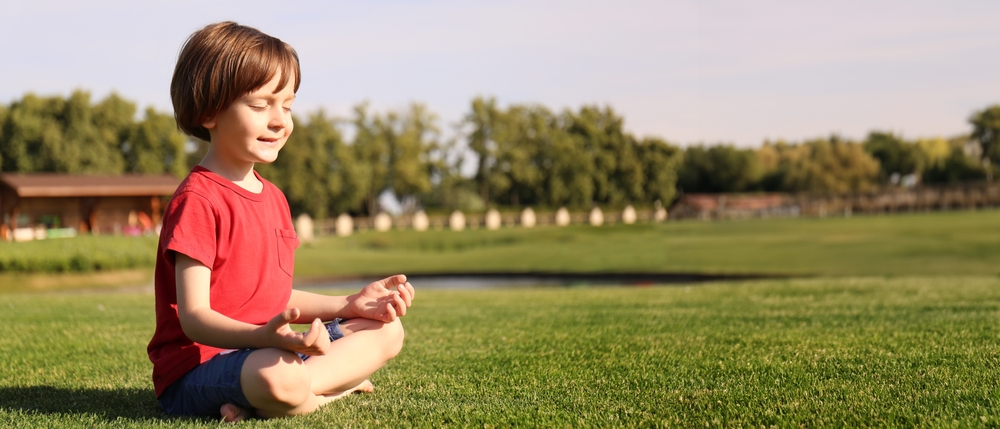
Emotional Benefits of Mindfulness
Mindfulness provides children with practical ways to understand and manage their emotions, building a healthier inner world from an early age. By practicing simple techniques such as mindful breathing or guided body scans, children become more aware of their feelings in the present moment. This awareness helps them recognize emotions without judgment, reducing the tendency to suppress or act out impulsively.
One of the greatest emotional benefits of mindfulness is improved self-regulation. Children learn to pause before reacting, giving them space to choose calmer, more thoughtful responses. This ability fosters resilience, allowing them to cope with stress, disappointment, or conflict in healthier ways. Over time, they develop stronger emotional stability and confidence in navigating everyday challenges.
Mindfulness also nurtures positive emotions such as gratitude, joy, and compassion. By focusing on what feels good in the moment, children train their brains to lean toward optimism rather than negativity. This shift not only reduces anxiety and fear but also enhances overall well-being.
Additionally, mindfulness strengthens empathy. When children learn to connect with their own feelings, they become more attuned to the emotions of others. This empathy fosters kindness, improves relationships, and supports a strong sense of belonging.
- Reduces stress and anxiety
- Encourages emotional regulation
- Promotes empathy and kindness
Cognitive Benefits of Mindfulness
- Improves focus and attention span
- Enhances memory retention
- Strengthens problem-solving skills
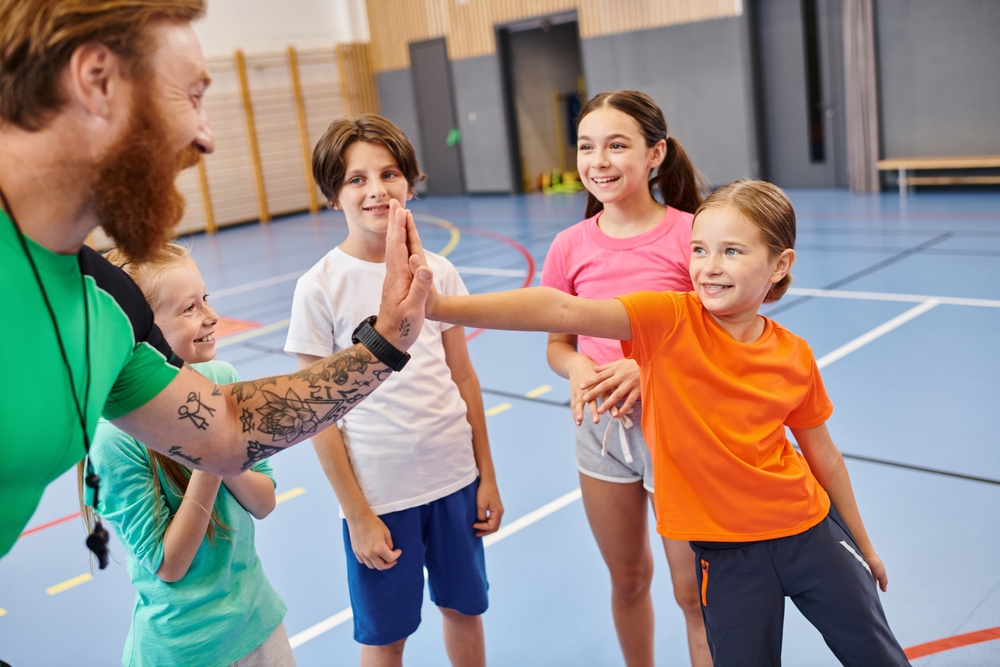
How SELF4KIDS Integrates Mindfulness Activities for Kids
At SELF4KIDS, we design programs that merge play, learning, and mindful techniques in a child-friendly way. Instead of lengthy meditation sessions, we use age-appropriate exercises that encourage presence and awareness.
Breathing Exercises Made Simple
Children learn mindful breathing by blowing bubbles, pretending to smell flowers, or imagining balloon breaths. These mindfulness activities for kids create a fun pathway to relaxation.
Movement and Stretching with Awareness
Yoga poses, mindful walking, and gentle stretching routines help children connect body and mind. SELF4KIDS guides kids through these practices while maintaining a playful atmosphere.
Gratitude and Reflection Practices
Journaling, gratitude circles, or “three good things” exercises allow children to focus on positivity and build resilience. This method makes mindfulness activities for kids both meaningful and enjoyable.
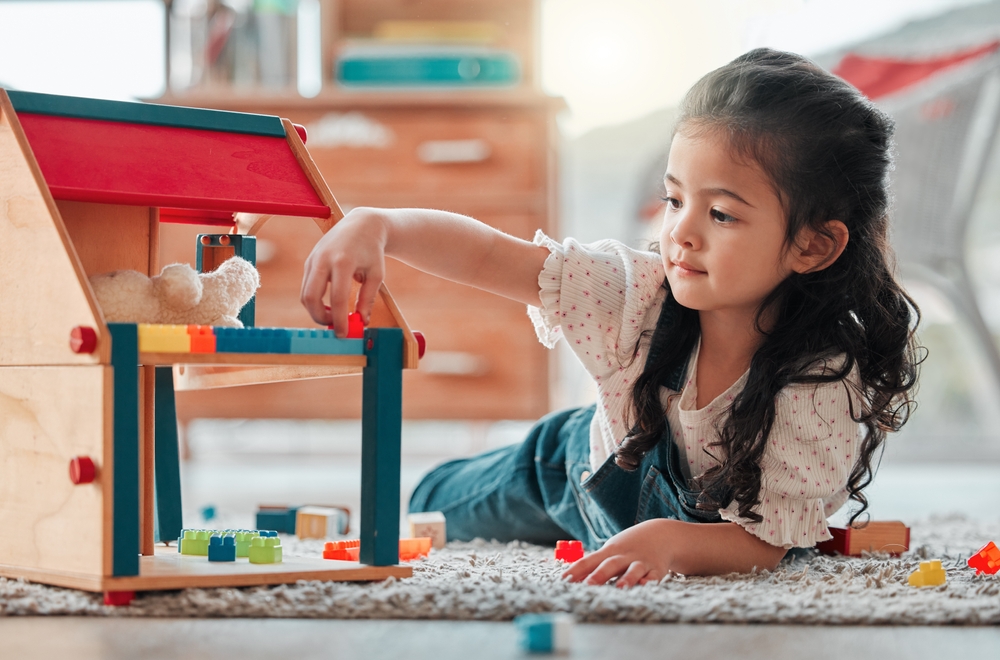
The Role of Parents and Educators in Encouraging Mindfulness
Mindfulness isn’t limited to the classroom—it thrives when reinforced at home and in everyday routines. Parents and educators can support children by modeling calm behavior, practicing short mindful breaks, and encouraging reflective conversations.
Tips for Parents to Support Mindfulness
- Practice a few minutes of mindful breathing together before bedtime.
- Create a calming corner at home with books, soft lighting, or sensory tools.
- Introduce mindfulness activities for kids during transitions, such as before homework or after school.
Creative Ways to Bring Children Into the Present Moment
Helping kids anchor themselves in the present moment is essential for reducing stress and increasing focus. SELF4KIDS incorporates tools like coloring pages and mindful drawing as a fun way to practice awareness without pressure. Activities like mindful art or using beads for counting breaths are a great way to transform ordinary tasks into mindful experiences.
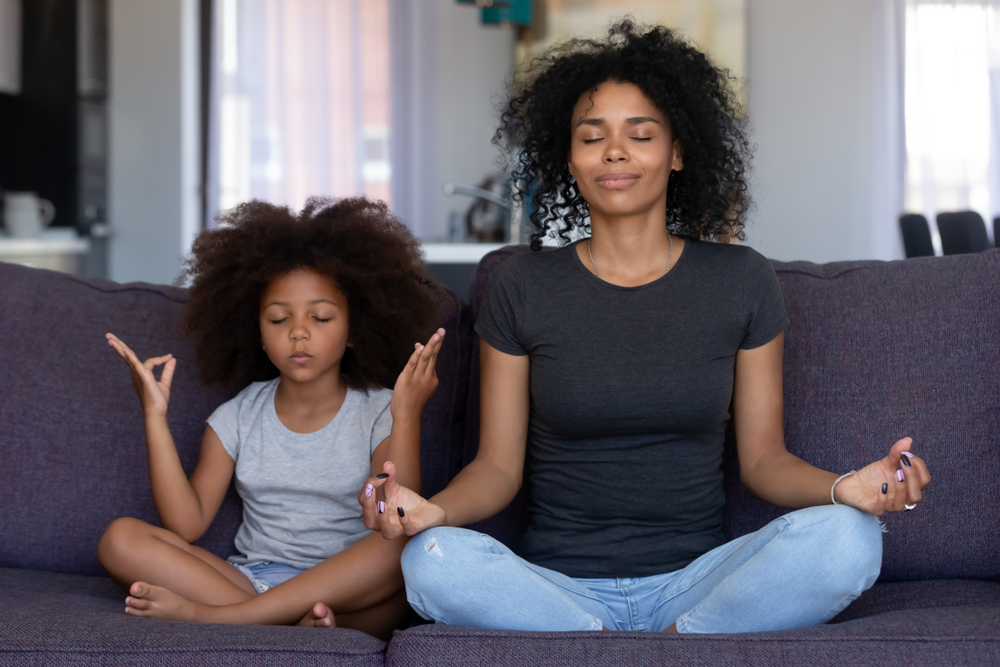
Breathing and Body Awareness Practices
Simple techniques such as taking deep breaths or practicing deep breathing exercises are a quick way to help children manage emotions. At SELF4KIDS, children learn body scan techniques, and for older age group programs, we introduce body scan meditation to strengthen awareness of sensations and release tension. These practices build emotional resilience while teaching children to respond calmly to distractions.
Mindfulness Meditation for Academic and Emotional Growth
Through short sessions of mindfulness meditation, kids develop stronger reasoning skills, self-control, and a growth mindset. These practices not only foster compassion toward others but also contribute to improved academic performance. Even a short moment of mindfulness before class helps students reset, focus, and reduce anxiety from screen time or overstimulation.
Everyday Mindfulness Practices
Parents and educators can introduce mindfulness into daily routines with activities like mindful eating—teaching kids to notice flavors, textures, and gratitude during meals. Guided imagery exercises, calming glitter jars, or even short videos on YouTube can also become an effective part of mindfulness learning. These accessible tools make it easy to weave mindfulness into everyday moments in a way that feels natural and engaging.
Q&A: Common Questions About Mindfulness Activities for Kids
Q: What age is best to start mindfulness practices?
A: Children as young as three can begin with simple mindfulness activities for kids, such as mindful breathing or focusing on sounds.
Q: How long should each mindfulness activity last?
A: Start small—just 2–3 minutes is enough for younger children. As they grow, sessions can extend to 10–15 minutes.
Q: Can mindfulness help with school performance?
A: Yes. Mindfulness activities for kids improve concentration, memory, and emotional balance, all of which support academic success.
Q: Do children need special equipment?
A: Not at all. Most practices only require a quiet space and a guiding voice. Props like bubbles, bells, or journals can make it engaging but are optional.
Conclusion: Building Calm and Focus with Mindfulness
Mindfulness is a gift that lasts a lifetime. By introducing Mindfulness Activities for Kids at an early age, we equip them with the skills to handle stress, stay focused, and cultivate empathy. At SELF4KIDS, we believe that these practices not only enhance learning but also nurture emotional intelligence and resilience. With simple, playful, and consistent mindful techniques, every child can build a calmer, more focused future.
